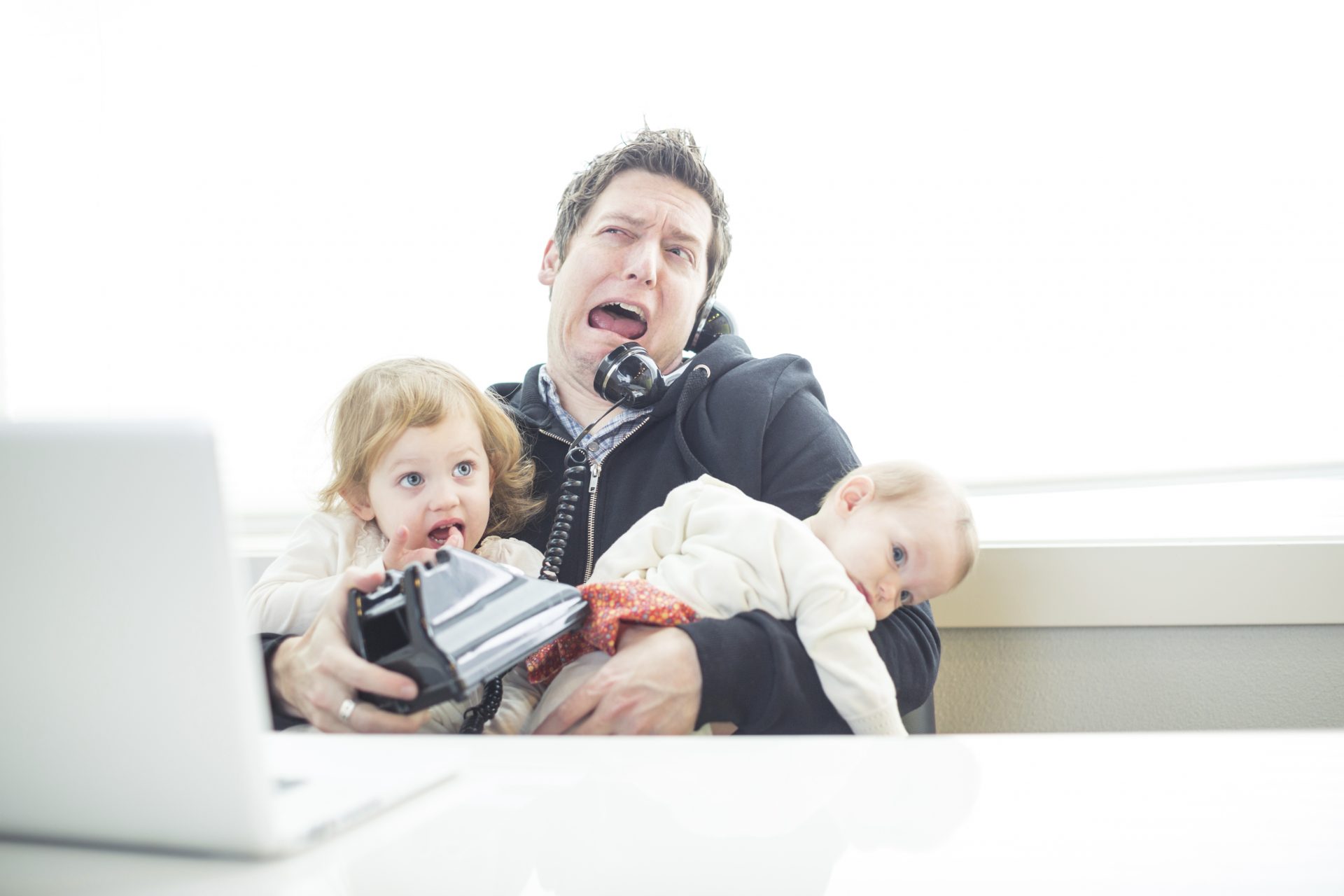Parents feel guilty at least 23 times a week according to one study. From feeling guilty for putting our work before our kids to feeling guilty for giving in too easily to their demands because we’re exhausted, these feelings are hard to escape. And when they boil over and we yell at our kids, we end up feeling even more guilty.
Michelle Gale, author of the upcoming book, “Mindful Parenting In A Messy World,” specializes in helping parents break habits that aren’t helping their families, and find greater compassion, forgiveness and presence through mindfulness.
Here are some steps parents can take to deal with one of the biggest sources of guilt, losing your temper with your kids.
1. Pay Attention to Your Body: “It became clear to me many years ago that whenever I would be getting upset and about to ‘blow,’ my body would be giving me all kinds of signs. You might see me pacing, cleaning up frantically, or tightening my jaw. Anyone who lived with me could see the frustration and rage building—anyone, that is, except myself.”
2. Interrupt Your Pattern: Staying aware of your feelings can be really hard. When one of her sons was 4, Michelle noticed he was much more aware than she was of when ‘mommy was about to lose her cool.’ So she suggested he tell her when she needed a breather. “We had made an agreement that whenever he uttered the words “Breathe, Momma” I would immediately stop… Hearing his little voice remind me to “Breathe, Momma” was precisely what I needed to hear.”
3. You Still Blow It. Now What? Have some compassion for yourself, Michelle says. “Instead of feeling forever horrible about needing to apologize over and over again, I took the step of accepting myself as someone who yelled sometimes. In this acceptance of reality, real change began.”
Changing yourself begins with being willing to be vulnerable, Michelle says. That’s not ever easy, but it is the key to letting your family know for certain that you can work through your struggles together.
“Coming out of hiding and becoming more vulnerable enabled me to drop my defensiveness. I no longer needed to protect an image of myself as ‘the perfect parent,’ who’s supposed to have it together,” she says. “The words ‘perfection’ and ‘parenting’ honestly shouldn’t even be permitted in the same sentence. Can we all just agree that it’s perfectly fine to be a ‘good enough’ parent?




